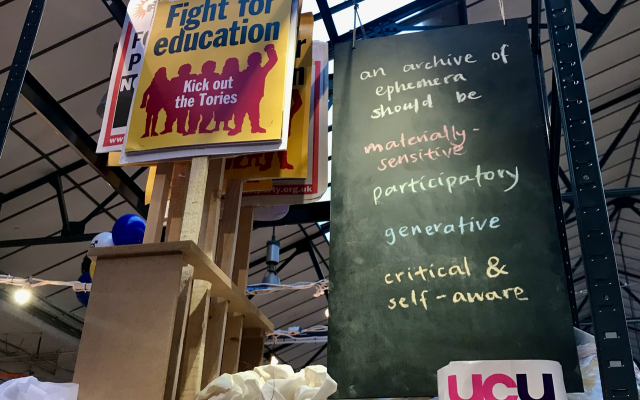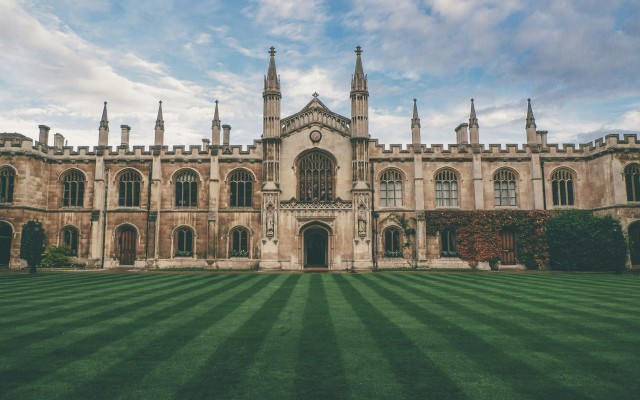
Haunted by Propaganda
Published on: September 3rd, 2024
Read time: 6 mins
As I was about to leave the kitchen with my second cup of coffee, my partner came downstairs. We hugged good morning, as we always do, and she told me how she’d stayed up late to finish a memoir she’d been reading by Grace M. Cho.
In Tastes Like War, Cho how her mother, a Korean bar hostess, was brought to rural Washington state by her American merchant marine husband. She tells how her mother taught her amazing cooking and served as her anchor and rock. But she also reveals how she gradually became schizophrenic and after much struggle passed away in 2008.
I felt overwhelmed by the sadness of the outside world. A Korean woman is hopeful about her new life and then goes slowly mad in empty America. Russia continues to invade and kill in Ukraine, Israel still destroys and kills in Gaza. There’s the war in Sudan.
Much less acutely, but in my own sphere, a consultant writes a foolish and destructive report on British universities that I’d read the previous day on the Higher Education Policy Institute (HEPI) site – more on that elsewhere.
And there’s the backwardness of U.S. politics in which the great hope is that voters elect as president someone who won’t take race relations back to the 1950s, economic policy back to the 1920s, and abortion rights back to the 1870s. Merely back, in the persons of Kamala Harris and Tim Walz, to the 1990s “opportunity society” when there was at least still Roe v Wade abortion protection and free breakfasts for poor schoolchildren (which Walz had to reinvent in Minnesota).
Facing all this gloom, I thought I’d go back to bed, and brood behind the lowered blinds.
But soon enough I got distracted and returned to finishing V.V. Ganeshananthan’s excellent novel Brotherless Night. It, too, is horrifying, centering on a Tamil family with five children, ranging in age from their early teens to early twenties during the civil war in Sri Lanka in the 1980s. They are all born and raised in Jaffna.
The narrator, Sashi, is the fourth child and only daughter. She is a wonderful student, first studying endlessly for and then being admitted to medical school. And yet the whole time Jaffna is unravelling slowly and then quickly into violence.
SPOILER ALERT!
Her oldest brother, an advanced medical student, is killed in an army reprisal. Her two other older brothers join the Tamil Tigers and one is later killed as well. Sashi struggles with all this and becomes very close to an anatomy professor, Anjali, who becomes a kind of aunty. She navigates conflicting violent parties and is mutely in love with K, a Tamil Tiger honcho with whom she grew up and who, during her first year in medical school, conscripts her into working in a field hospital tending civilian victims as well as Tiger cadres.
When I’d stopped reading the previous night, Sashi was about to be induced into a further service to K – to nurse him during his hunger strike, one designed to insert the Tigers back into the political negotiations between the Sri Lankan central government and India. Now, as I read behind the blinds, K’s hunger strike kills him. Ganeshananthan’s writing about her feeling and their two bodies, one living and one dead, is especially beautiful.
I am noticing that her ability to say what she goes through, to write everything out, is evaporating my gloom. I turn the page, and the next chapter is called Authors. Now and then in Jaffna, we learn, a report will appear. One is called, A Report of What Our Community Has Experienced During Recent Displacement.
When Sashi told Anjali, the anatomy professor, about having to decide whether to nurse K publicly during his hunger strike, she jokes, “Perhaps there will be one called A Report of a Decision Badly Made.” They laugh.
After K dies, Sashi goes to the professor’s house. The household is full of sympathy.
“I want to work with you,” Sashi declares. “I was thinking about what you said in my first year, about writing things down. I want to work with you.”
“On what,” Anjali the professor asks.
“I know about the Reports,” Sashi replies.
And she knows that Anjali is one of the authors. Sashi is brought in. Reports! Were I not naturally inclined to stay prone on my back, I would have leapt from bed. It’s the Reports.
The household talks about this.
It’s slow work [another author said]. It’s extremely slow and hard. Sometimes I travel in disguise to see someone to check a story. Sometimes I go back four or five times to interview them, to make sure that I have heard and understood properly. In some cases we can’t figure out what happened and we have to write that down. Then we include all the different versions and our limitations.
Detailed fieldwork ensues, with a combination of relentless pursuit of micro variations and compassion for the innocent being compelled to witness. After she’s been working on this for a while, Sashi comments:
As I cross-referenced different versions of the same stories, I began to see even more clearly the gaps between the narratives of ordinary people and the sanctioned ones belonging to the government, the Tigers, and the Indians. One of those official stories was everywhere. All over Jaffna, photographs of K appeared, plastered on walls and fastened to lampposts. No matter where I turned, I faced him. At the end of a long day, when I permitted myself to think about him, I opened the notebook I had saved for myself, took out my pen, and tried again to take my own history, as I had taken the histories of others. Have you ever been haunted by propaganda? It can be a kind of ghost. I longed for the real and imperfect person I had known. But when it came to K, what I desired was not history: I wanted the life on the other side of the war’s looking-glass, the future we might have had, and which no longer existed.
As I read this, I thought: lack of power is depressing. But the ability to research what is happening, and to report: that’s something like the opposite. Research is a standing defiance.
Over time, reporting does in fact build “the future we might have had,” and in our case the one we still can have. One that would not exist without our research, our Reports.
Read more from Chris Newfield
Feature Image by Marcus Hessenberg.
Bulletin posts represent the views of the author(s) and not those of the ISRF.
Unless stated otherwise, all posts are licensed under a Creative Commons Attribution-NoDerivatives 4.0 International License.


